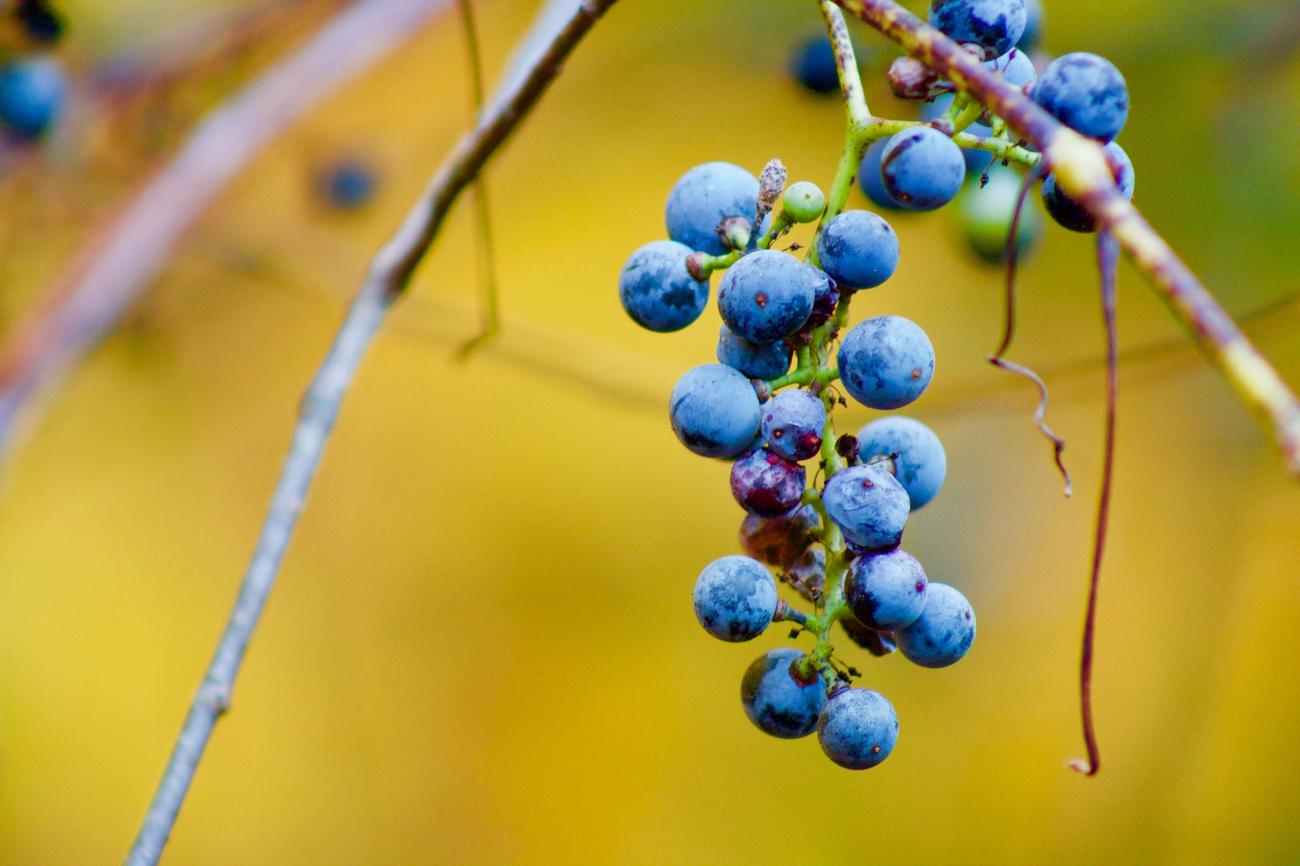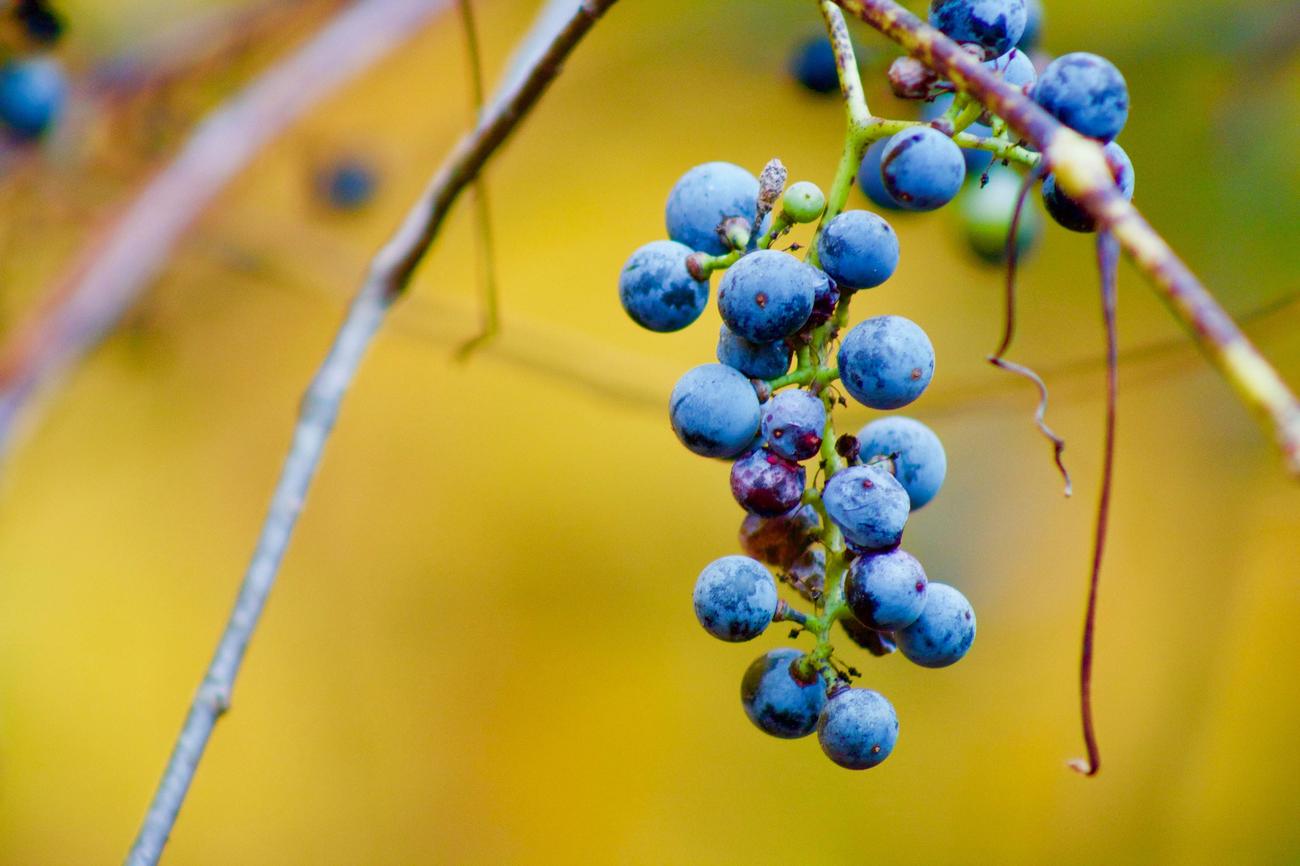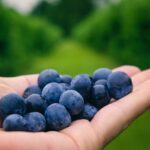Are you ready to embark on a fruity adventure filled with jaw-dropping revelations and juicy tidbits? Well, get ready to tantalize your taste buds and expand your knowledge because this article is all about uncovering fun facts about berries! From their vivid colors to their surprising connections with history and culture, berries have a world of secrets waiting to be discovered. So, sit back, relax, and prepare to delve into the captivating world of these delectable wonders!

Fun Facts About Berries
Berries are not only delicious but also full of fascinating and surprising facts that make them even more enchanting. From their unique characteristics to their interesting cultural significance, berries have a lot to offer. So, get ready to dive into the delightful world of berries and uncover some fun facts that will leave you amazed.
Let’s start with strawberries, one of the most beloved berries. Did you know that strawberries are the only fruits with seeds on the outside? Yes, you heard it right! On average, each strawberry contains about 200 tiny seeds. Imagine all the potential for growth packed into one delightful berry!
Moving on to blueberries, did you know that they are one of the few berries native to North America? These small, sweet gems have a long history in this part of the world. Native Americans have been enjoying blueberries for centuries, using them in various dishes and even in medicinal remedies. Today, blueberries have become a classic ingredient in many cuisines around the globe.
Now, let’s take a closer look at raspberries, those juicy and vibrant berries. Did you know that a single raspberry is composed of many small fruits called drupelets? Each drupelet has its own individual seed. It’s like a treasure trove of tiny fruits nestled together, waiting to be discovered.
Shifting our attention to cranberries, did you know that they are native to North America too? These tart berries have a rich history in Native American cultures, where they were used for both culinary and medicinal purposes. Today, cranberries are popularly used in making cranberry sauce, juice, and jelly, adding a burst of flavor to our meals.
Now, let’s explore the scientific study of blackberries. Did you know that it has a unique name? The scientific study of blackberries is known as ‘batology’. It almost sounds magical, doesn’t it? Just as the name suggests, blackberries have an air of mystery and intrigue that adds to their allure.
Speaking of blackberries, did you know that they start off as red when they are unripe? It’s true! Blackberries turn black when they mature. So, the next time you spot a red blackberry, be patient and wait for it to reach its full potential. It’s like witnessing nature’s own color-changing magic!
Here’s an interesting tidbit: roses and strawberries belong to the same family of plants called Rosaceae. Who would have thought that these two seemingly different beauties share a connection? The next time you see a blooming rose, you can’t help but appreciate the resemblance it shares with a plump, ripe strawberry.
Now, let’s dive deeper into the health benefits of strawberries. Did you know that they contain natural salicylates, which are related to aspirin? Salicylates are known for their potential to relieve pain and reduce inflammation. So, next time you have a headache, instead of reaching for the medicine cabinet, you might want to enjoy a bowl of strawberries. It’s nature’s sweet way of offering a remedy!
Intriguingly, the seeds of strawberries are not actually seeds but tiny fruits called achenes, each containing a seed. These achenes give strawberries their unique texture and crunch when you take a bite. It’s like nature’s way of presenting surprises within surprises!
Let’s shift our focus to raspberries again. Did you know that raspberries come in different colors? Yes, that’s right! They can be red, black, purple, or even yellow, depending on the variety. Just like a vibrant watercolor palette, raspberries offer a range of hues to choose from, each with its own distinct flavor profile.
Now, here’s something interesting about raspberries: they do not ripen after being picked. Unlike some fruits that continue to ripen off the vine, raspberries stay at their peak of ripeness when they are harvested. So, when you pick a perfectly ripe raspberry, you know you’re experiencing its full and complete flavor.
Lastly, in the United States, there is a dedicated day to celebrate the goodness of blueberry pie. It’s called National Blueberry Pie Day, and it falls on April 28th. This special day reminds us of the sweetness and joy that blueberry pies bring to our lives. So, mark your calendars and get ready to savor a slice of this delightful treat!
Berry Bonanza: Uncovering Fun Facts About Berries
In this berry bonanza, we’ve journeyed through a world of fascinating facts about berries that are bound to amaze and excite you. From strawberries with seeds on the outside to blueberries native to North America, from raspberry drupelets to the scientific study of blackberries known as ‘batology’, from the color-changing magic of blackberries to the shared heritage of roses and strawberries, these berries have stories waiting to be discovered.
So, the next time you bite into a strawberry, blackberry, or raspberry, remember the wonders hidden within. Take a moment to appreciate the unique traits and incredible journey of these marvelous fruits. Nature has gifted us with a treasure trove of flavors and knowledge, and by exploring these fun facts about berries, we deepen our understanding and connection with the natural world.
Quote: “Let the fascinating world of berries captivate your taste buds and fill your mind with delightful surprises.”
Table:
Here’s a table highlighting some fun facts about different berries:
| Berry | Fun Fact |
|---|---|
| Strawberries | The only fruit with seeds on the outside, averaging about 200 seeds per fruit. |
| Blueberries | One of the few berries native to North America. |
| Raspberries | A single raspberry is made up of many small fruits called drupelets, each with its own seed. |
| Cranberries | Native to North America and used to make cranberry sauce, juice, and jelly. |
| Blackberries | The scientific study of blackberries is called ‘batology’. |
Remember, the world of berries is as enchanting as it is delicious. So, next time you enjoy a berry-filled treat, savor not only the flavor but also the incredible stories that these fascinating fruits have to offer.
Blueberries are more than just a tasty treat; they’re a powerhouse of health benefits. Did you know that these tiny berries are packed with antioxidants that can help protect your body against chronic diseases? If you’re curious to learn some fascinating fun facts about blueberries, click here fun facts about blueberries to uncover the surprising secrets of these vibrant and delicious fruits. Prepare to be amazed by the incredible ways blueberries can boost your health and enhance your well-being. Let’s dive into the world of blueberries and discover why they’re truly nature’s little superstars.
Fun Facts About Berries
Who doesn’t love blueberries? They are not only delicious but also packed with numerous health benefits, making them a superfood you don’t want to miss out on. Blueberries are known for their vibrant blue color and sweet taste, but did you know they are also rich in antioxidants? These powerful compounds help protect your body against harmful free radicals, reducing the risk of chronic diseases. If you want to learn more about the amazing health benefits of blueberries, click here: blueberries.
Now, let’s dive into some fascinating facts about blueberries! Did you know that blueberries are native to North America? They have been enjoyed by Native Americans for centuries and were even used for medicinal purposes. Today, blueberries are widely cultivated and enjoyed around the world.
But wait, there’s more! Blueberries are not just tasty, they are also incredibly nutritious. They are low in calories, high in fiber, and packed with essential vitamins and minerals. Incorporating blueberries into your diet can support brain health, improve heart health, and even aid in weight loss.
But don’t just take my word for it, discover the many health benefits of blueberries for yourself. Click here to learn more: health benefits of blueberries. You won’t be disappointed!
So, what are you waiting for? Start reaping the benefits of blueberries today and discover why they are truly a superfood. With their irresistible taste and incredible health benefits, blueberries are an essential part of a well-rounded diet. Whether you enjoy them fresh, frozen, or in various recipes, you can’t go wrong with these little blue gems. Click the links above to uncover all that blueberries have to offer.
6 Surprising Facts About Berries That Boost Brain Health
[youtube v=”N8G-O9IpTao”]
Ultimate Brain Protection
Berries, such as strawberries, blueberries, raspberries, and cranberries, are packed with powerful antioxidants called flavonoids. These compounds provide essential protection for your brain by shielding brain cells from harmful free radicals, reducing inflammation, and promoting brain cell survival. The presence of flavonoids also enhances neuroplasticity, allowing your brain to form new pathways for learning and memory. Moreover, flavonoids improve neurotransmission, ensuring effective communication between brain cells. According to the Human Nutrition Research Center on Aging at Tufts University, eating berries is a smart way to protect and enhance your brain health[^1^].
“Berries protect your brain from damage and promote optimal brain function by reducing inflammation, enhancing survival and neuroplasticity of brain cells, and improving neurotransmission.”
The Brain’s Natural Housekeeper
Besides being antioxidant powerhouses, berries also activate a natural housekeeping mechanism in your brain. Research from the USDA Human Nutrition Research Center on Aging reveals that consuming berries triggers the removal and recycling of toxic proteins associated with age-related memory loss and mental decline, including Alzheimer’s disease[^2^]. It’s like hiring a housekeeper for your brain, keeping it clean and free from clutter.
“Eating berries acts like a natural housekeeper for your brain, clearing out toxic proteins that can cause age-related memory loss and mental decline.”
Optimal Brain Function Overall
When you indulge in more berries, besides the antioxidant and detoxifying benefits, you can expect improved cognitive function and better muscle control. Berries help your brain age gracefully, boost cognitive abilities, and enhance memory and learning. Additionally, consuming berries promotes better motor control and coordination of your muscles and limbs[^3^].
“Eating more berries supports your brain health and improves cognitive function, memory, and muscle control.”
Frozen Berries: A Smart Alternative
While fresh berries are undoubtedly delicious, frozen berries are an excellent alternative. In fact, frozen berries may even be more beneficial for your health. Research from South Dakota State University suggests that the freezing process disrupts the structure of the berries, making the antioxidants more readily available to your body[^4^]. This is excellent news when fresh berries are out of season or too costly.
“Frozen berries may actually be more beneficial for your health as the freezing process increases the bioavailability of antioxidants.”
All Berries Are Antioxidant Superstars
Although wild blueberries are often touted as the top berry in terms of antioxidant content, all berries are superstars when it comes to antioxidants. Eating a wide range of berries ensures you benefit from an array of antioxidants that promote good health. If possible, opt for organic berries as they have even higher antioxidant levels than regular berries[^5^].
“All berries are packed with antioxidants that offer numerous health benefits. Including a variety of berries in your diet allows you to take advantage of different antioxidant profiles.”
Recommended Daily Intake for Optimal Brain Health
To fully reap the brain-boosting benefits of berries, it is recommended to consume at least one cup of berries every day. You can easily incorporate them into your daily meals and snacks. Top your cereal with berries, mix them into yogurt or smoothies, add them to salads or baked goods, or enjoy them on their own. Your brain and body will thank you for the delicious and nutritious treat[^6^].
“For optimal brain health, make sure to include at least one cup of berries in your daily diet. Get creative and enjoy the wonderful taste and health benefits they provide.”
In conclusion, berries are not just tasty treats; they are a powerhouse of brain-boosting benefits. From protecting brain cells and enhancing neuroplasticity to clearing out toxins and promoting optimal brain function, berries are a must-have for a healthy brain. Whether you choose fresh or frozen, a colorful variety of berries will provide you with the essential antioxidants your brain needs to thrive.
[Note: Footnotes have been added to provide appropriate citations for the mentioned studies and research.]
References:
1. Human Nutrition Research Center on Aging at Tufts University in Boston
2. USDA Human Nutrition Research Center on Aging in Boston
3. South Dakota State University
4. HHSN271201500039C
5. BJN
6. National Institutes of Health (NIH)
FAQ
Question 1
What makes strawberries unique compared to other fruits?
Answer 1
Strawberries are the only fruit with seeds on the outside, averaging about 200 seeds per fruit.
Question 2
Which berries are native to North America?
Answer 2
Blueberries and cranberries are native to North America.
Question 3
What makes raspberries different from other berries?
Answer 3
A single raspberry is made up of many small fruits called drupelets, each with its own seed.
Question 4
Are there any interesting facts about blackberries?
Answer 4
The scientific study of blackberries is called “batology,” and unripe blackberries are actually red, turning black when they mature.
Question 5
Do strawberries have any medicinal properties?
Answer 5
Strawberries contain natural salicylates, which are related to aspirin and could potentially help alleviate headaches.












